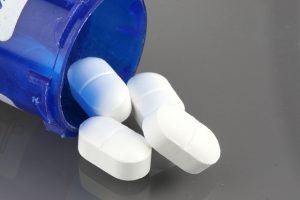
Free Consultation(203) 447-0000

Free Consultation(203) 447-0000
 Just like cars, electronics, and household appliances, drugs are products that are designed and marketed by manufacturers in order to turn a profit. Also just like other products, drugs can – and do – come with various types of defects. While no one likes to think about their medications making them worse instead of better, the reality is that countless people each year suffer – and in some cases die – as a direct result of taking defective drugs.
Just like cars, electronics, and household appliances, drugs are products that are designed and marketed by manufacturers in order to turn a profit. Also just like other products, drugs can – and do – come with various types of defects. While no one likes to think about their medications making them worse instead of better, the reality is that countless people each year suffer – and in some cases die – as a direct result of taking defective drugs.
When pursuing financial compensation for a dangerous drug defect, it is critical to establish the nature of the defect claimed. While defective drug cases are different from other types of injury claims in that victims do not need to be able to prove that the manufacturer was negligent in order to win compensation, victims do still need to prove that a defect in fact exists. This starts with determining the type of defect that caused the injury.
There are three generally-recognized types of product defects that apply to prescription medications and other drugs:
Each of these defects can take numerous forms. Unfortunately, there is little that people can do to protect themselves from defective drugs. In addition, in many cases it can take years for the side effects of a defective drug to start to show. If you experience unexpected side effects after taking a medication, the best thing you can do is seek medical attention as soon as possible. Be sure to let your doctor know what medications you’ve been taking, as without this information your doctor may not think to look for the signs of a defective drug.
Contact Berkowitz and Hanna LLC today to schedule a no obligation case evaluation. Call 866-479-7909 or contact us online to get started.
Berkowitz Hanna
